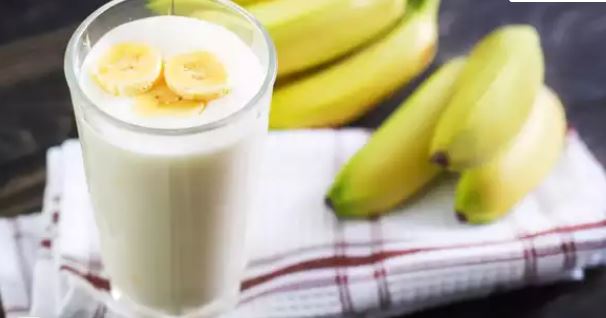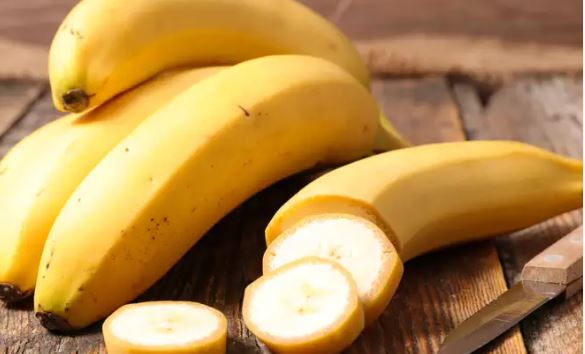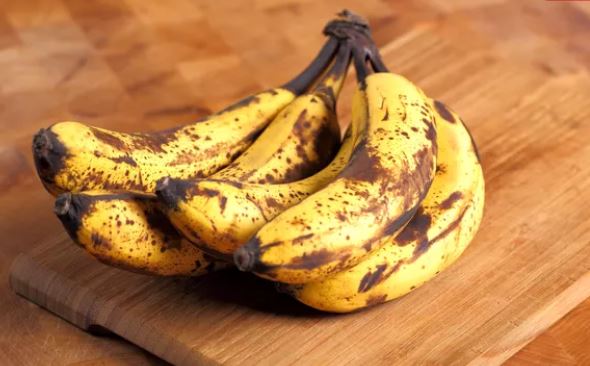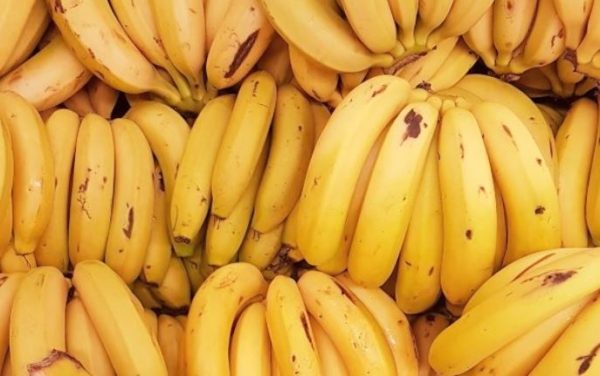Lifestyle
5 reasons why you shouldn’t add bananas to shakes and smoothies

When it comes to smoothies and shakes, banana is one of the most popular fruits, as it provides a creamy texture and natural sweetness.
But despite such popularity, here are some strong reasons you may want to reconsider adding them to your shake or smoothie.
While bananas are one of those fine sources of nutrients, including potassium, vitamin C, and fibre, they’re not always the best option, given your dietary goals, preferences, or digestive health.
Here are 5 reasons you might want to reconsider adding bananas to your shakes and smoothies.
1. High in sugar and carbohydrates
Bananas are naturally high in sugar and carbohydrates, probably not good enough for a low-sugar or low-carb diet. A medium-sized banana contains around 14 grams of sugar and 27 grams of carbohydrates. Although natural sugars are better than refined ones, they will certainly cause increased blood sugar, especially in people with highly sensitive insulin or in diabetics. If you are on a diet controlling your sugars or following a low-carb diet, you can use low-sugar fruits like berries or more leafy greens in your shakes and smoothies.
2. Calorie dense
Although bananas are nutritious, they contain relatively high-calorie density compared to most other fruits. A medium banana contains about 105 calories; thus, it could really add up depending on how big your shake or smoothie is. If you’re looking to cut down on calorie intake or work on your weight management, bananas probably aren’t the go-to fruit for smoothies. Instead, using a lower-calorie fruit or vegetable, such as a cucumber, spinach, or strawberry, can help make a drink less calorie-rich without sacrificing its nutritional or flavour integrity.
3. May cause digestion issues
Bananas, especially the unripened bananas, have resistant starch. Thus, it will cause some difficulty in digestion to the human body. For those who have a weakened digestive system or in the presence of Irritable Bowel Syndrome (IBS), bananas may cause them to bloat, pump gas, or feel unrest in their digestive tract. Bananas also contain a natural sugar called fructose that may cause problems in people who have intolerance. If you have a sensitive stomach or experience frequent digestive problems, try not to use bananas in your shakes and smoothies and opt for other, easier-to-digest fruits like papaya, watermelon, or cantaloupe.
4. Overpowers other flavours
Bananas have a very distinctive and strong taste that would easily overpower the flavour of many other ingredients within shakes and smoothies. If you’re trying to balance flavours and want to let other fruits or vegetables shine, bananas can overpower the flavour, overriding the nuances of spinach, ginger, or citrus fruits. Some of the other alternatives are avocado or unsweetened almond milk for making a creamy shake.
5. Limited nutrient diversity
Bananas are relatively nutrient-dense in some areas, like potassium, but they do not provide the kind of broad nutrient diversity that many other fruits and vegetables do. You might still miss out on a significant amount of the vitamins, minerals, and antioxidants that can be found in a wide variety of produce if you add a banana to your smoothie. For example, trading a banana for a handful of spinach or kale provides an enormous dose of vitamins A, C, and K, in addition to fibre and calcium. In a pinch, someone may have to rely on bananas to add flavour and texture to their shakes and smoothies, which may be fine if they are still concerned with getting the most out of nutrition from those. Otherwise, focusing on a variety of colourful fruits and vegetables may work better for them.










